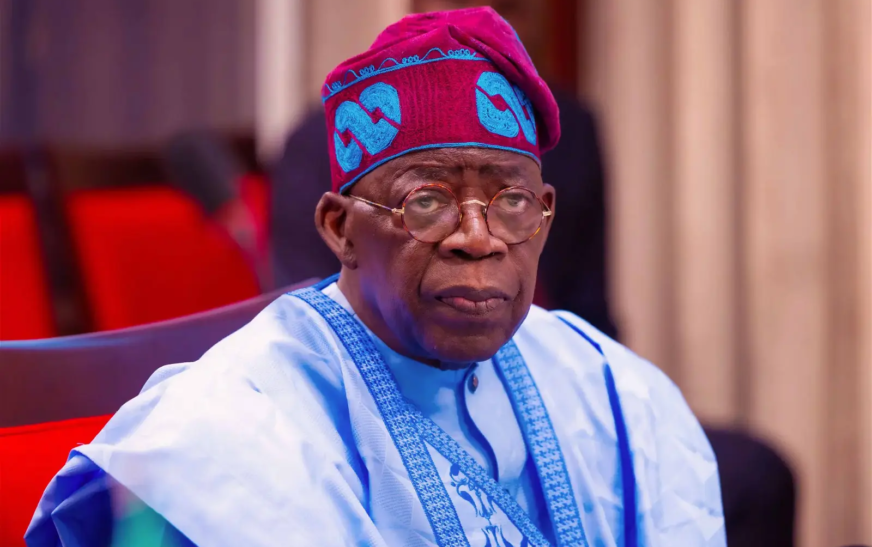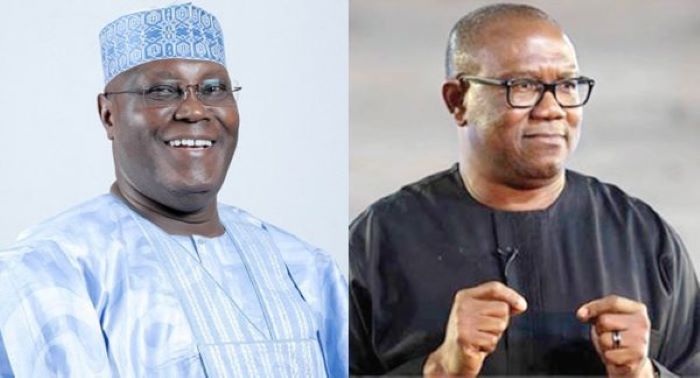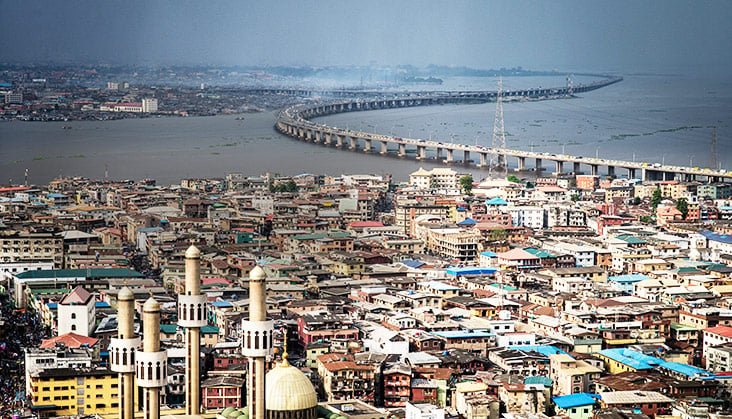President Bola Ahmed Tinubu has dismissed allegations that his administration is steering Nigeria toward a one-party state, amid growing concerns over the rising number of defections from opposition parties to the ruling All Progressives Congress (APC).
The controversy gained traction after APC National Chairman, Abdullahi Ganduje, was quoted in the media warning against any attempt to undermine Nigeria’s multi-party system. Several political analysts and opposition figures have accused the Tinubu-led government of engineering mass defections to weaken democratic competition ahead of the 2027 general elections.
But during his Democracy Day address, President Tinubu strongly pushed back on those claims, saying his administration remains committed to a vibrant, inclusive political system.
READ ALSO: APC Can’t Handle What’s Coming – Ologbondiyan Warns
“Our democracy thrives on the strength of different voices, diverse ideas, and constructive opposition. The idea of a one-party state has no place in our democratic vision,” Tinubu said.
In recent weeks, several lawmakers and influential opposition leaders have crossed over to the APC, citing alignment with the president’s “Renewed Hope” agenda. Critics argue that the defections are not ideological but a reflection of power consolidation tactics.
Political observers warn that continued political migration could weaken institutional checks and public accountability—especially with the collapse of key opposition alliances.
Civil society organizations have called for legislative safeguards to protect Nigeria’s party system from undue interference and manipulation. Others see the defections as part of Nigeria’s long-standing political culture where loyalty often shifts with power.
While the Tinubu administration maintains that the APC’s growing appeal is based on performance and policy, the coming months may reveal whether Nigeria’s political landscape can retain its balance—or tilt toward dominance by a single party.









